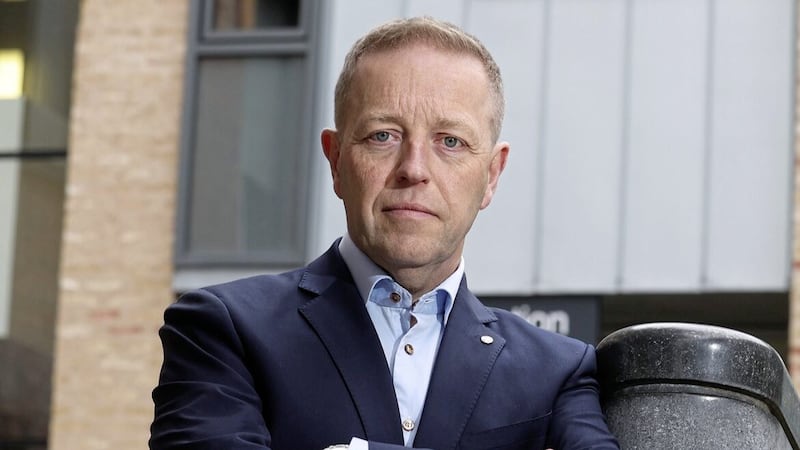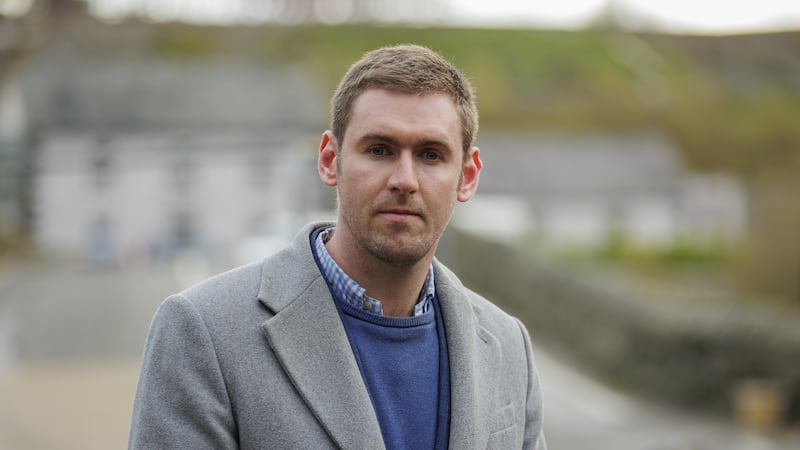THE FAILURE of Westminster and Stormont to agree on how to replace European funding is threatening hundreds of jobs and critical services for some of the north's most vulnerable people, it has been claimed.
According to the European Social Fund Peer Group (ESFPG), which represents 22 community groups that help those on the margins of society access employment and training, an impasse over the provision of money that previously came from Brussels will see funds dry up next April.
ESFPG says that to date it has helped 80,000 people, with 15,000 moving into employment and 14,000 going into further education and training.
However, the group's chair Rev Andrew Irvine, who is CEO of the East Belfast Mission, said that despite a series of "constructive conversations" with politicians and officials from Stormont departments and Westminster’s Department for Levelling Up, the prospect of a "funding cliff-edge" on April 1 remained.
He said that in addition to jeopardising the jobs of 1,700 staff, the end of funding would be a "body blow" to the critical services ESFPG delivers annually to around 18,000 vulnerable individuals.
“Everyone accepts that the services provided are enormously successful in helping people into employment and training, and that they save the public purse money by reducing demand on social care and other pressurised public services – indeed, the previous Northern Ireland economy minister described the services as 'transformational'," Rev Irvine said.
“All of this, however, is now in danger of being lost unless urgent action is taken."
The ESFPG chair called on the Department for Levelling Up to "make good on its promise" to fully replace EU funding, and he urged Stormont's economy, communities, health and justice departments to continue contributing substantial funding.
He said it was also necessary for officials in both Belfast and London to "find a mechanism which allows funding to be allocated in a way which complies with equality legislation".



